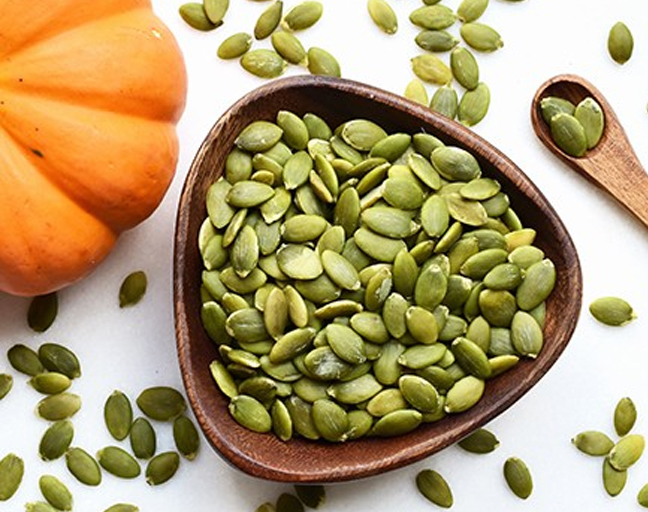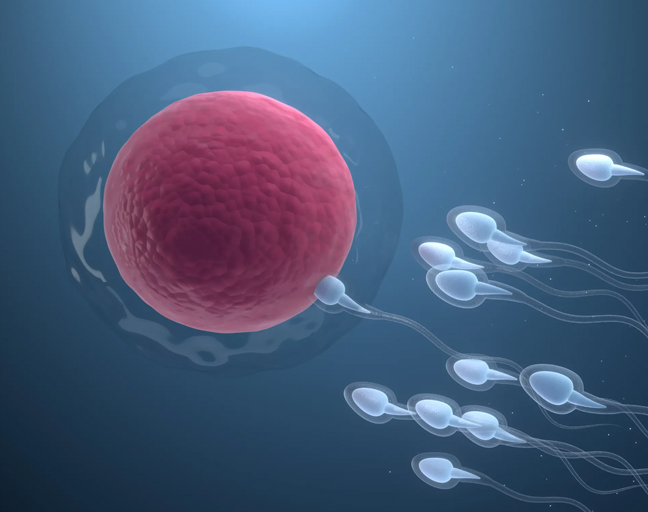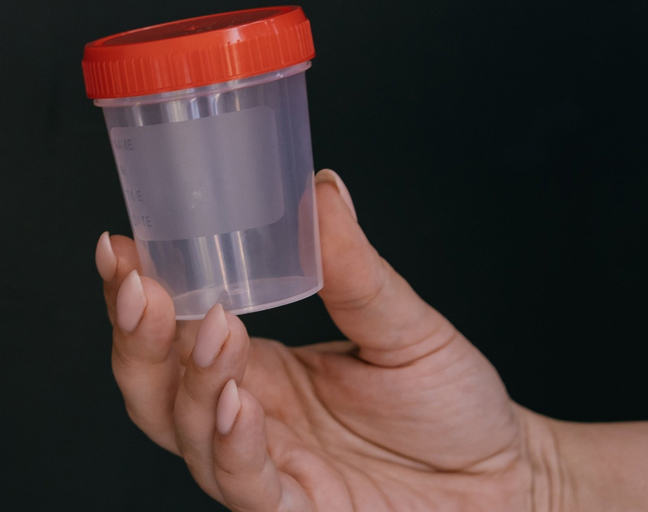Pumpkin seeds might be small, but don’t let their size fool you—they’re packed with nutrients that are crucial for men’s health. Just a handful of these tiny seeds gives you a solid dose of zinc, magnesium, and healthy fats. These nutrients are fantastic for supporting your cardiovascular health and offer a variety of other benefits. But what exactly can pumpkin seeds do for men? Let’s dive in.
Why Pumpkin Seeds Are Great for Men
Men, just like women, have unique dietary needs and health concerns, many of which become more pronounced with age. That’s where pumpkin seeds come in. These little powerhouses can help tackle some age-related health issues that tend to crop up as men get older. Here’s why you should consider adding them to your diet:
1. Supports Fertility and Sexual Health
As men age, their zinc levels naturally decrease, which can lead to fertility problems, prostate enlargement, and even impotence. Zinc plays a key role in preventing a buildup of DHT (dihydrotestosterone), a hormone that affects male sexual health and hair growth. Higher levels of DHT can lower testosterone levels, which impacts fertility, libido, and can contribute to balding. Thankfully, pumpkin seeds are loaded with zinc, making them an excellent food for maintaining reproductive health.
2. Helps Prevent Osteoporosis
Osteoporosis is often thought of as a condition that only affects women, especially after menopause. However, men are not immune. In fact, one out of every eight men over the age of 50 experiences an osteoporotic fracture. Pumpkin seeds, which are rich in zinc, can help improve bone density and lower the risk of osteoporosis. So, if you want to keep your bones strong as you age, these seeds are a great addition to your diet.
3. Promotes Prostate Health
Pumpkin seeds are fantastic for supporting prostate health, especially in men. These seeds contain carotenoids that can help prevent the abnormal multiplication of prostate cells. This can be particularly beneficial for preventing Benign Prostatic Hyperplasia (BPH), or prostate enlargement, and may even lower the risk of prostate cancer. Regular consumption of pumpkin seeds could help keep your prostate healthy and functioning properly.
4. Boosts Libido
If you’re looking to enhance your sex drive, pumpkin seeds could be the answer. Packed with niacin, calcium, potassium, and phosphorous, these minerals play a key role in boosting libido. Phosphorous helps with energy production, while niacin improves blood circulation and enhances sensory experiences. Additionally, pumpkin seeds contain myosin, a protein that helps muscle contractions and can prevent performance issues. It’s not just about maintaining good sexual health—it’s about feeling your best.
Bonus: The Power of Magnesium
Magnesium, which is abundant in pumpkin seeds, plays a critical role in maintaining cardiovascular health and regulating sex hormones. It helps with brain and nerve function and is essential for overall performance, both physically and sexually. So, if you’re looking to boost your heart health and prevent performance issues, magnesium-rich pumpkin seeds are an excellent choice.
Benefits of Pumpkin Seeds for Everyone
While pumpkin seeds are especially beneficial for men, they’re not just for one gender. Everyone can reap the rewards of including these tiny seeds in their diet. Here’s why pumpkin seeds are good for all of us:
1. Reduces Cancer Risk
Including pumpkin seeds in your daily diet is a great way to lower your risk of cancer. These seeds are rich in antioxidants that help protect your cells from oxidative damage. They also help eliminate free radicals from your body, reducing inflammation. Pumpkin seed extracts contain phenolic compounds that contribute to these benefits, potentially lowering your risk of prostate issues and even cancer.
2. Prevents Kidney Stones
Pumpkin seeds are also known for their detoxifying properties. Acting as natural diuretics, they help eliminate toxins from the body and support kidney function. This can lower your risk of developing kidney stones and other related issues, like arthritis and gout. Plus, they promote better circulation, which benefits overall health.
3. Boosts Metabolism
Not only are pumpkin seeds packed with healthy fats, but they’re also a great source of protein. Protein is essential for maintaining a healthy metabolism and energy levels. Without enough protein, your body will feel sluggish and exhausted. Just a cup of pumpkin seeds provides about 12 grams of protein, making up about 25% of your recommended daily intake. Keeping your metabolism running smoothly has never been easier.
4. Fights Insomnia
Struggling to fall asleep at night? Anxiety and stress often keep our minds racing, leading to sleepless nights. Fortunately, pumpkin seeds contain magnesium and tryptophan, both of which promote relaxation and sleep. Including them in your diet can help you unwind, calm your nerves, and enjoy a restful night of sleep.
5. Supports Heart Health
If you want to take care of your heart, pumpkin seeds are a smart choice. These seeds are rich in phytosterols, which help reduce bad cholesterol levels, lower the risk of blood clots, and protect against conditions like atherosclerosis. They also help regulate blood pressure thanks to the copper they contain, which supports the production of red blood cells. When it comes to cardiovascular health, pumpkin seeds do wonders.
Incorporating pumpkin seeds into your diet is a simple yet powerful way to improve your health—whether you’re a man looking to tackle specific age-related issues or simply someone trying to boost overall well-being. So, go ahead and snack on these little seeds to enjoy their impressive range of benefits!



